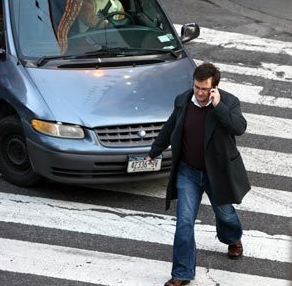 A list of tips for adults on staying safe
A list of tips for adults on staying safe
- Don’t walk or jog early in the morning or late at night when the streets are deserted.
- When out at night, try to have a friend walk with you.
- Carry only the money you’ll need on a particular day.
- Don’t display your cash or any other inviting targets such as pagers, cell phones, hand-held electronic games, or expensive jewelry and clothing.
- If you think someone is following you, switch directions or cross the street. If the person continues to follow you, move quickly toward an open store or restaurant or a lighted house. Don’t be afraid to yell for help.
- Try to park in well-lighted areas with good visibility and close to walkways, stores, and people.
- Make sure you have your key out as you approach your door.
- Always lock your car, even if it’s in your own driveway; never leave your motor running.
- Do everything you can to keep a stranger from getting into your car or to keep a stranger from forcing you into his or her car.
- If a dating partner has abused you, do not meet him or her alone. Do not let him or her in your home or car when you are alone.
- If you are a battered spouse, call the police or sheriff immediately. Assault is a crime, whether committed by a stranger or your spouse or any other family member. If you believe that you and your children are in danger, call a crisis hotline or a health center (the police can also make a referral) and leave immediately.
- If someone tries to rob you, give up your property—don’t give up your life.
- If you are robbed or assaulted, report the crime to the police. Try to describe the attacker accurately. Your actions can help prevent someone else from becoming a victim.
via Protect Yourself From Violent Crime — National Crime Prevention Council.



